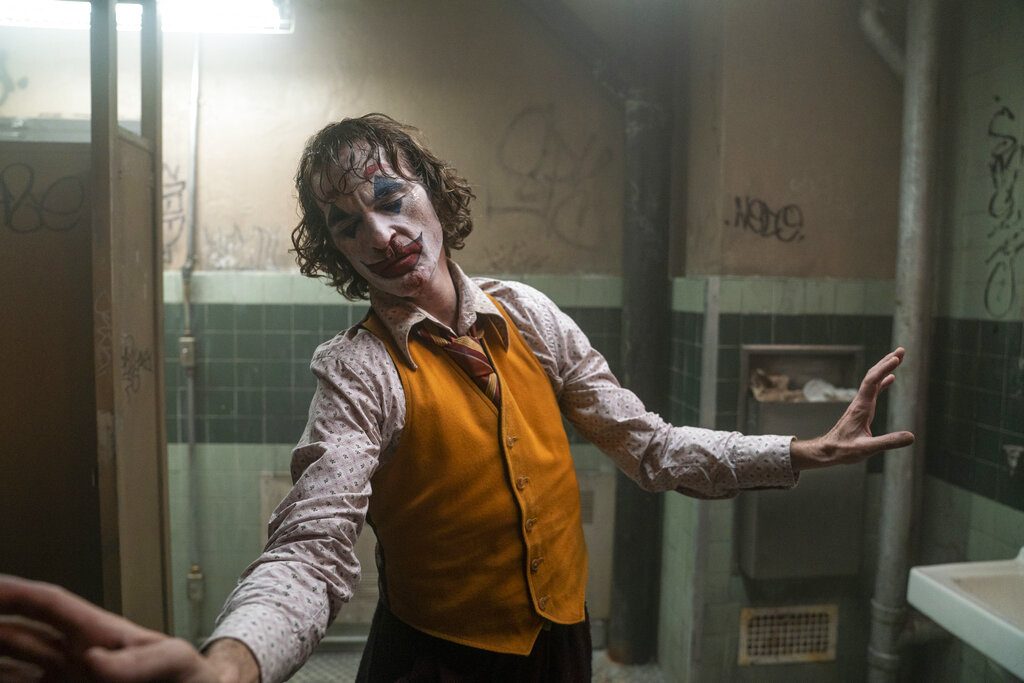When I think about the film industry in the 2010s, a few themes come to mind.
For one, works inspired by the frames of comic books have become an unstoppable phenomenon. Also, there’s been an uptick in ambitious art films on a level unseen since the mid-1970s. Finally, the conversation surrounding films and filmmakers has become exceptionally politicized, for reasons both good and bad.
There’s only one film that encapsulates each of these major trends: Todd Phillips’ “Joker.”
Since the dawn of the Marvel Cinematic Universe with “Iron Man” and the peak of Christopher Nolan’s Batman trilogy, “The Dark Knight,” in 2008, the boom of comic book films has taken the cinematic world by storm. “Joker” is more “Taxi Driver” than it is “Guardians of the Galaxy,” but it draws inspiration from comic books just the same.
It doesn’t connect to any other film in a larger universe, giving it a true, high stakes, standalone feel. Though it breaks from its origins more than most comic book films, it still qualifies as such — and drew in a wide audience largely because of that.
Truthfully, most comic book films are a bit lacking in ambition. Combining them into one grander story is a unique vision, but the individual parts rarely are risky productions.
“Joker,” by contrast, is an incredibly daring film in regards to its technical achievements. A gloomy color palette, a draining score by an Icelandic cellist and dance sequences not played for laughs are hardly the stuff of big budget movies. These are elements you would find in an arthouse film in a small theater in a big city. “Joker” brings these under-appreciated techniques, which have previously been deployed in some of the best films of the decade, to a wider audience.
Finally, “Joker” is an absolute trigger of a topic on just about every social media platform and beyond. In an intensely political climate, especially in Hollywood, it is natural for every movie that has a bit of an edge or leaning to come under some public scrutiny. Natural, but unfortunate. The election of 2016, this decade’s seminal moment, shifted every conversation into a political and moral one.
“Joker” brings out the worst of people in this regard, inspiring countless arguments on the internet that are more war zone than film critique. And to think, the general message of the film is to resist discouraging the “other” in society. So much for that nonsense, right?

Sam Zavada is a copy editor with The Standard-Speaker in Hazleton. He previously served as the news clerk at The Standard-Speaker, working with the obituaries and the community and lifestyle pages. Sam’s work in print dates back to his time at King’s College, where he spent two years as the editor in chief of the school’s newspaper, The Crown. Earlier in his time with The Crown, he worked as a staff writer and the entertainment manager. Contact him at szavada@standardspeaker.com.


